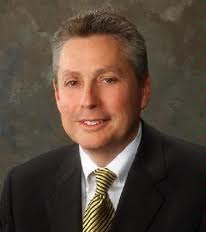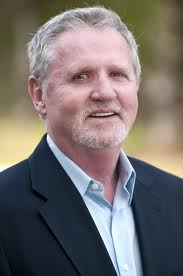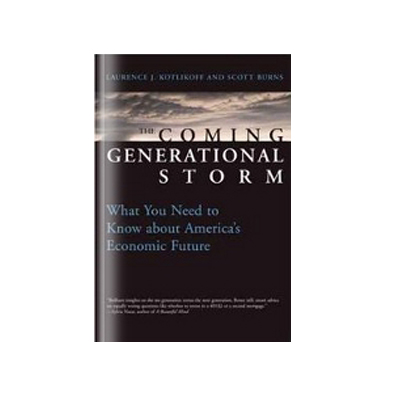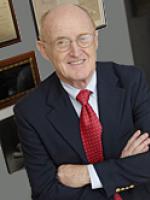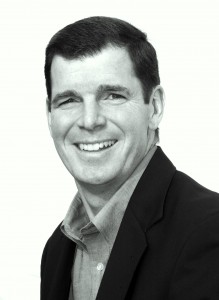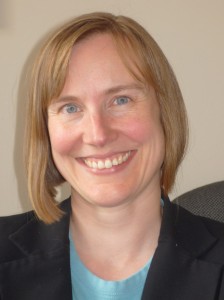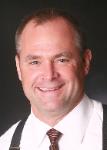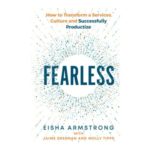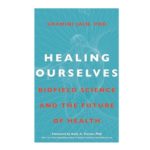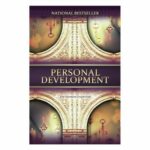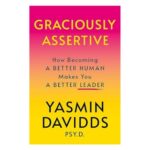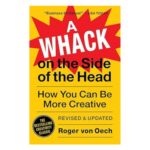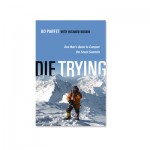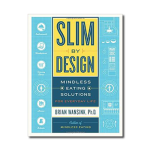 I have known Craig Neal for a number of years, as a matter of fact I attended one of his “The Art of Convening” meetings at the Gap in Northern California several years ago. I recently reconnected with Craig and had the opportunity to discuss his newly released book entitled “The Art Of Convening-Authentic Engagement in Meetings, Gatherings, and Conversations“.
I have known Craig Neal for a number of years, as a matter of fact I attended one of his “The Art of Convening” meetings at the Gap in Northern California several years ago. I recently reconnected with Craig and had the opportunity to discuss his newly released book entitled “The Art Of Convening-Authentic Engagement in Meetings, Gatherings, and Conversations“.
If you are like me, you have attended lots of meetings during your career and frequently walk away wondering “why” did I attend? If you have ever asked this questions, then Craig’s new book “The Art of Convening” is a must read.
In my interview with Craig we discuss what he refers to as “authentic engagement”. Authentic engagement is , simply, a genuine expression of what is true for us, and an attentive listening to what is true for another, or others. Why this simple human interaction often eludes us can be a matter of habit, distrust, faulty modeling, lack of attention, or fear.
Craig has created a wonderful model in the book that assists “the convener” in understanding the art associated with creating a gathering. The model is referred to as the “convening wheel” and at the center is “The Heart of the Matter” with eight adjacent spokes: Clarifying Intent , The Invitation, Setting Context, Creating the Container, Hearing all the Voices, Essential Conversations, Creation, Commitment to Action. Craig states that there is a lot of pressure in our lives to go, go, go all the time–to drive to results and spring into action, often before the actions’s optimal time has come. It’s counterintuitive to take the time to reflect on how we ill be in relationship with others. In a way, we have to slow down and do the internal due diligence to know what results we really want to drive and when it is time to take the action.
If you are at all interested in better understanding how to hold meeting with meaning, purpose and aligned outcomes then I highly recommend that you obtain a copy of “The Art Of Convening“. This book will instruct you with essential questions to better understand your purpose, your meetings purpose and the associated actions you really would like to achieve from meetings, gatherings and most importantly conversations. I hope you enjoy this interview with one of the masters in the business of “authentic engagement”.
You can learn more about Craig and Patricia Neal the authors by clicking here to be directed to their website.
